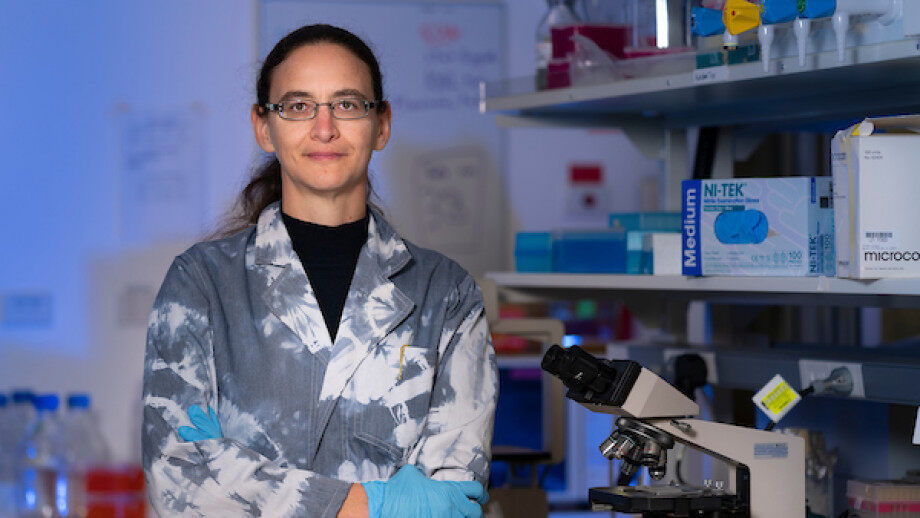A low-cost, non-toxic cancer treatment has been developed by researchers at The Australian National University (ANU).


The treatment uses dead bacteria to help kick-start the immune system and shrink cancer.
Lead researcher Associate Professor Aude Fahrer says an ongoing Phase 1 clinical trial at The Canberra Hospital has shown positive results and could improve outcomes for patients living with cancer.
“We’ve treated eight patients as part of this trial,” Associate Professor Fahrer said.
“They were all late-stage patients, but in one case in particular we were able to significantly improve the patient’s quality of life.
“The treatment reduced the amount of liquid around their lungs and was able to shrink one of their cancers.
“The best things about this new treatment are that it requires few dosages, is simple to administer, and has low side effects.
“It is also extremely low cost. We are looking at around $20 a dose, whereas the cost of other immunotherapies can run to $40,000. This makes the treatment accessible for patients in developing countries.”
The bacterial-based immunotherapy is simple, if a little unconventional.
“It involves injecting a slow-release solution of dead mycobacteria directly into the cancer,” Associate Professor Fahrer said.
“The idea is this will bring immune cells into the cancer to attack the bacteria, even though they’re dead, and as a side effect cause the immune cells to attack the cancer as well.
“Once the immune cells multiply they can travel around the body, so it would not only attack the cancer at the injection site, but any metastases – where the cancer has spread to another part of the body.”
A second clinical trial at The Canberra Hospital has already been approved.
Associate Professor Fahrer says it has been a lengthy process to get to this point, with generous support from the Canberra community enabling the research and the trial to go ahead.
“We’re especially grateful to everyone who has donated, including those who donated through the Lea Chapuis Memorial Fund,” Associate Professor Fahrer said.
“Lea was a family friend who knew about this project and wanted to be part of our trials, but sadly became too sick to participate.
“Lea asked people to contribute to the research in lieu of flowers when she passed away.”
The study was a collaboration between Associate Professor Fahrer and her team, The Canberra Hospital Cancer Centre, The University of Queensland’s School of Veterinary Science, and researchers in Switzerland.
Their findings have been published in the Journal for ImmunoTherapy of Cancer.






































